Stepping into the world of data science at the Alan Turing Institute (ATI) Data Study Group from September 9-13, 2024 was an exhilarating experience. As the national institute for data science, the ATI’s strong connections to academia and industry set the stage for a week of intensive collaboration and problem-solving.
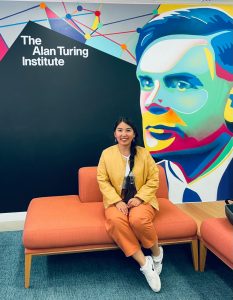
Joining the Transport for London (TfL) project within the hackathon-style event, I found myself amidst an eclectic team of 11 individuals, each bringing a unique set of skills and backgrounds to the table. The project’s challenge of identifying physical assets on the London Underground from point cloud data presented a thrilling opportunity to apply our collective expertise to a real-world problem.
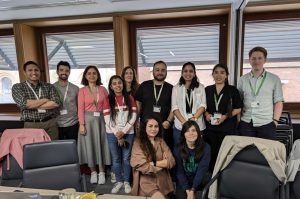
The task at hand was no small feat – analysing point cloud data to pinpoint key track features along the London Underground network. With collected image data, our goal was to automate the detection and classification of critical track components such as sleepers, rails, signalling equipment, and more. Our team’s approach was multifaceted, involving rigorous preprocessing, segmentation model training, and advanced data analysis techniques. By leveraging tools like U-Net and SAM 2 for image segmentation and employing post-processing methods to extract valuable insights from the predicted masks, we made strides towards achieving our objectives.
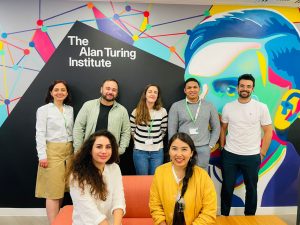
As an individual who recently completed a PhD thesis on “Complex Urban Road Networks: Static Structures and Dynamic Processes,” this opportunity to apply my research expertise in a practical setting was both challenging and rewarding. The seamless blend of academic knowledge and hands-on problem-solving during the ATI Data Study Group not only expanded my technical skills but also reinforced the importance of interdisciplinary collaboration in tackling complex data challenges.
Thanks to The Alan Turing Institute, especially TuringDSG organisers for an incredible opportunity. I would like to extend my gratitude to my PhD supervisor Dr. Wei Koong Chai for supporting my professional and personal development.
Assemgul Kozhabek (Computing Department, SciTech )
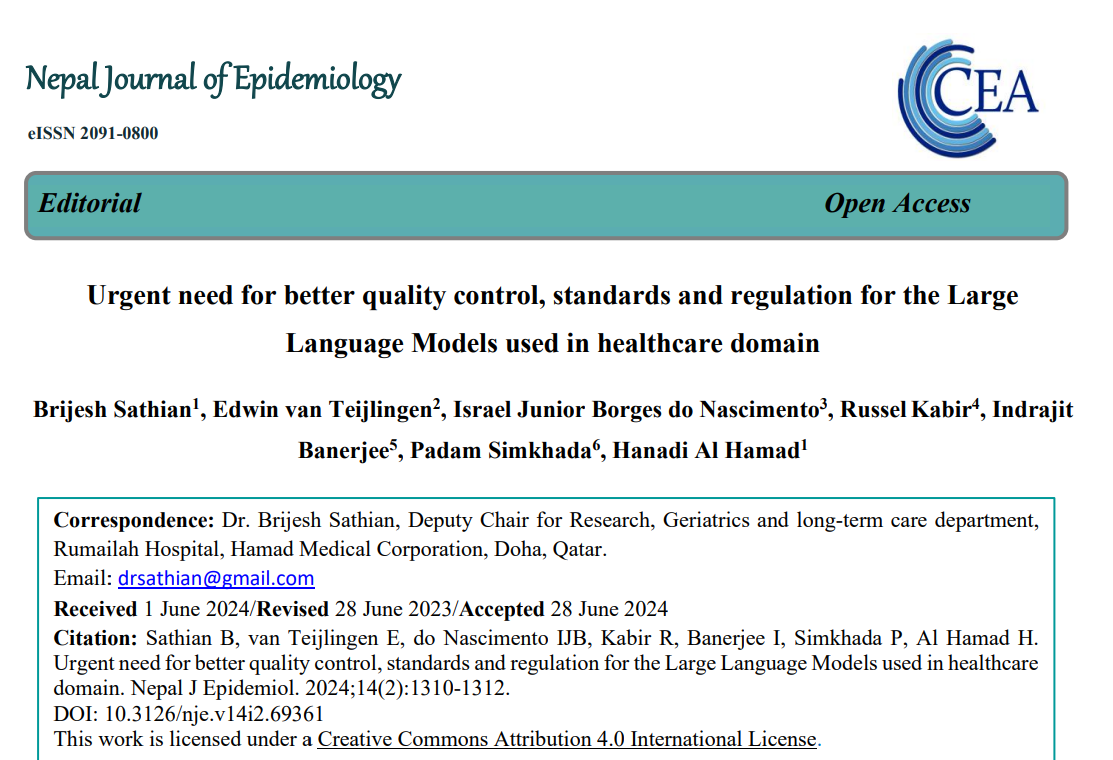




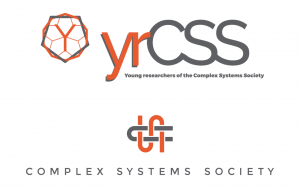


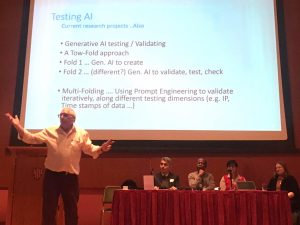

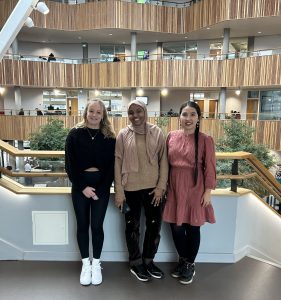
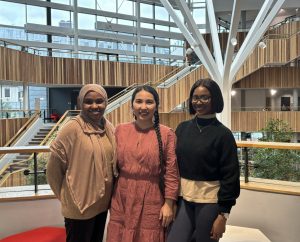
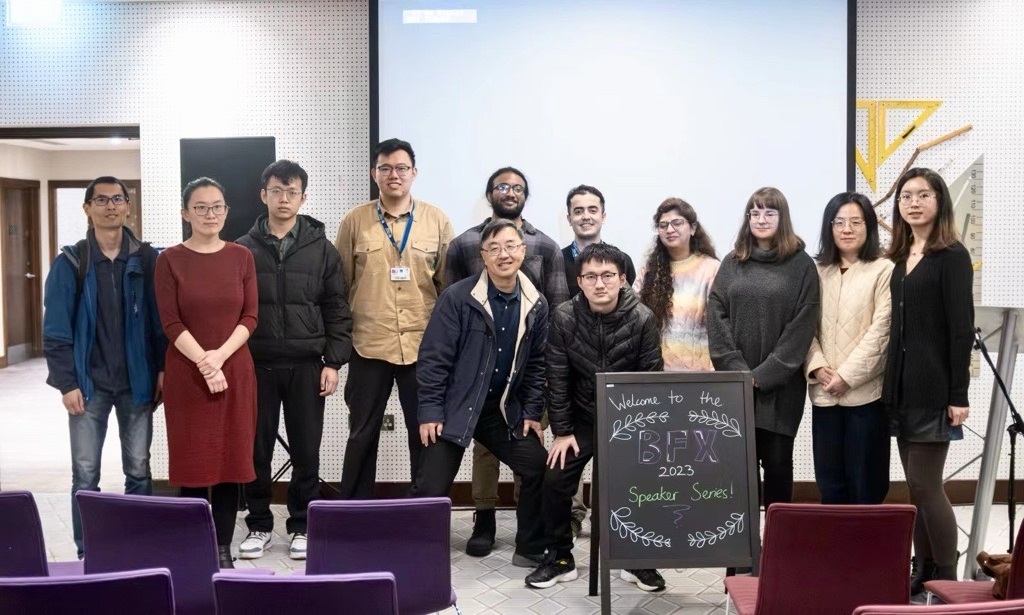 Because of the strict no photo and recording policy, understandably due to copyrighted and in-progress materials, the audience could not capture the remarkable atmosphere of the presentations. However, please find below sneak peeks from the event photographer and BU student, Sam Coombes.
Because of the strict no photo and recording policy, understandably due to copyrighted and in-progress materials, the audience could not capture the remarkable atmosphere of the presentations. However, please find below sneak peeks from the event photographer and BU student, Sam Coombes.











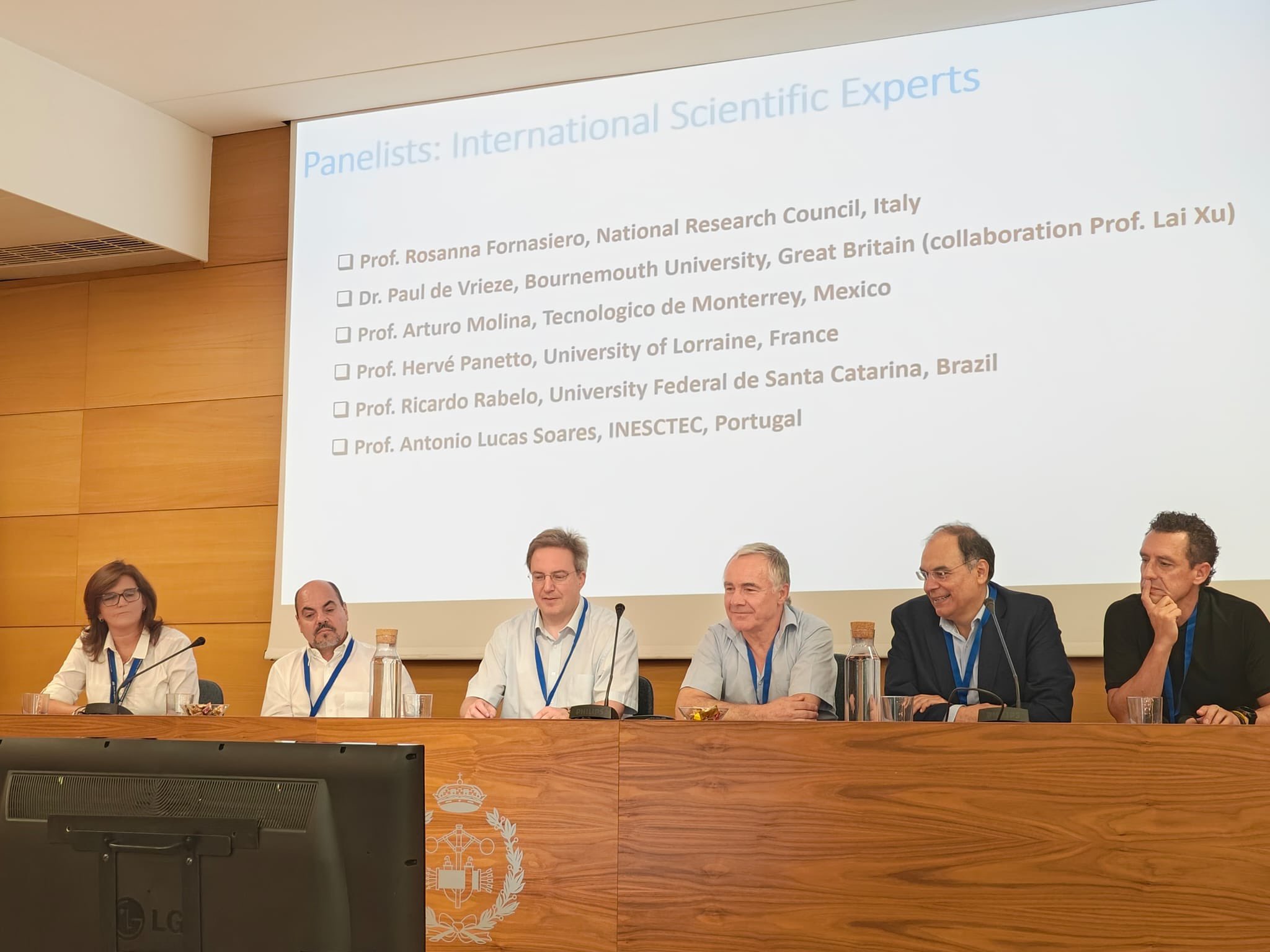

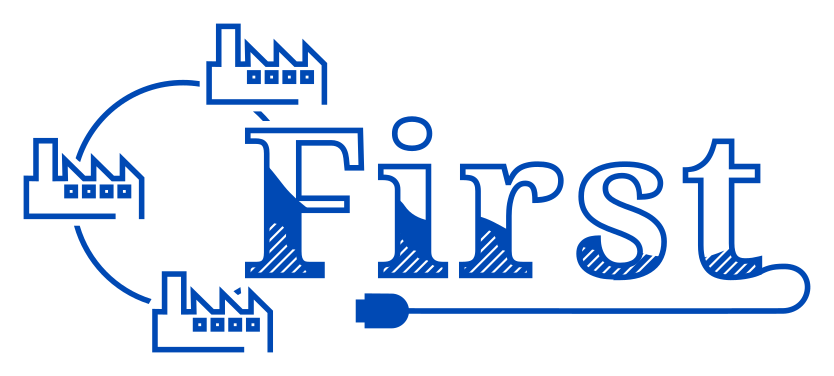
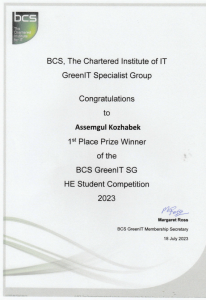
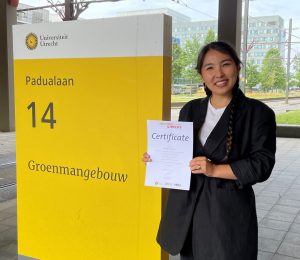
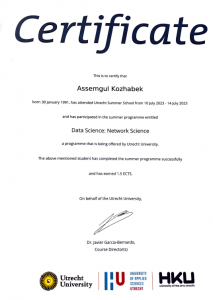














 Exploring Embodied Research: Body Map Storytelling Workshop & Research Seminar
Exploring Embodied Research: Body Map Storytelling Workshop & Research Seminar Marking a Milestone: The Swash Channel Wreck Book Launch
Marking a Milestone: The Swash Channel Wreck Book Launch No access to BRIAN 5-6th February
No access to BRIAN 5-6th February ECR Funding Open Call: Research Culture & Community Grant – Apply now
ECR Funding Open Call: Research Culture & Community Grant – Apply now MSCA Postdoctoral Fellowships 2025 Call
MSCA Postdoctoral Fellowships 2025 Call ERC Advanced Grant 2025 Webinar
ERC Advanced Grant 2025 Webinar Update on UKRO services
Update on UKRO services European research project exploring use of ‘virtual twins’ to better manage metabolic associated fatty liver disease
European research project exploring use of ‘virtual twins’ to better manage metabolic associated fatty liver disease